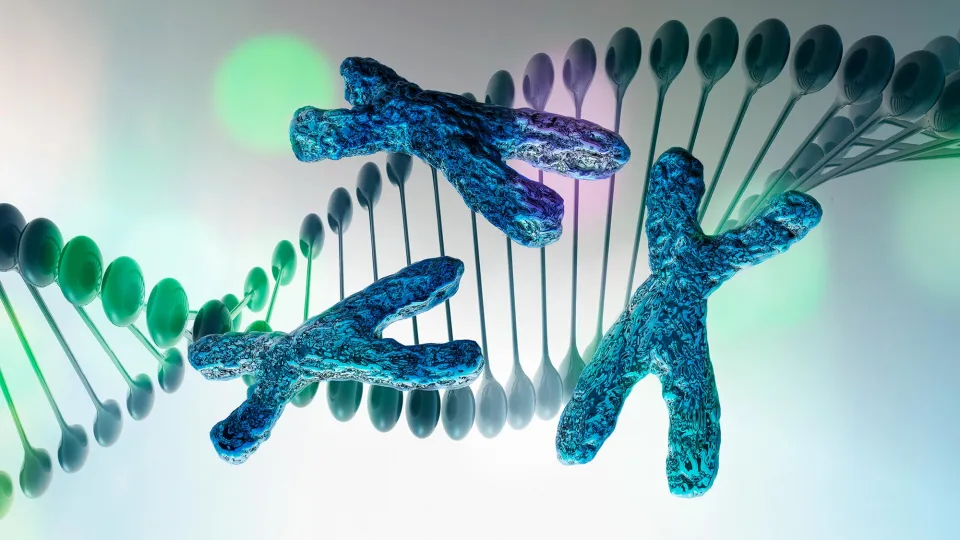News Brief
Investigating the Molecular Basis of Gene Regulation
December 19, 2023
In their role as proteins that regulate gene expression, the lysine demethylase 5 (KDM5) family of transcription factors are important for normal development. The aberrant expression of the genes that code for KDM5 proteins is associated with intellectual disability and several types of cancer. However, lack of knowledge regarding the normal physiological roles of KDM5 proteins has hampered efforts to understand how defects in these proteins cause disease.
In previous work, Julie Secombe, Ph.D., found that KDM5 proteins carry out their essential developmental functions separately from their enzymatic activity and that one such function involves activating genes critical for mitochondrial function and metabolism. The National Institutes of Health has awarded Dr. Secombe and colleagues a four-year, $1.3 million grant to determine the molecular mechanisms by which KDM5 proteins carry out their normal physiological activities. Following up on their recent studies involving the fruit fly Drosophila, the scientists will test their hypothesis that a region within the C-terminus of KDM5 interacts with a group of proteins called the non-specific lethal transcription complex to orchestrate gene-expression programs needed for survival. The research will provide fundamental insights into normal KDM5 functioning and may reveal how KDM5 dysregulation contributes to intellectual disability and cancer.
Dr. Secome is professor of genetics and in the Dominick P. Purpura Department of Neuroscience at Einstein, and a member of the National Cancer Institute–designated Montefiore Einstein Comprehensive Cancer Center. (1R01GM150189-01A1)



